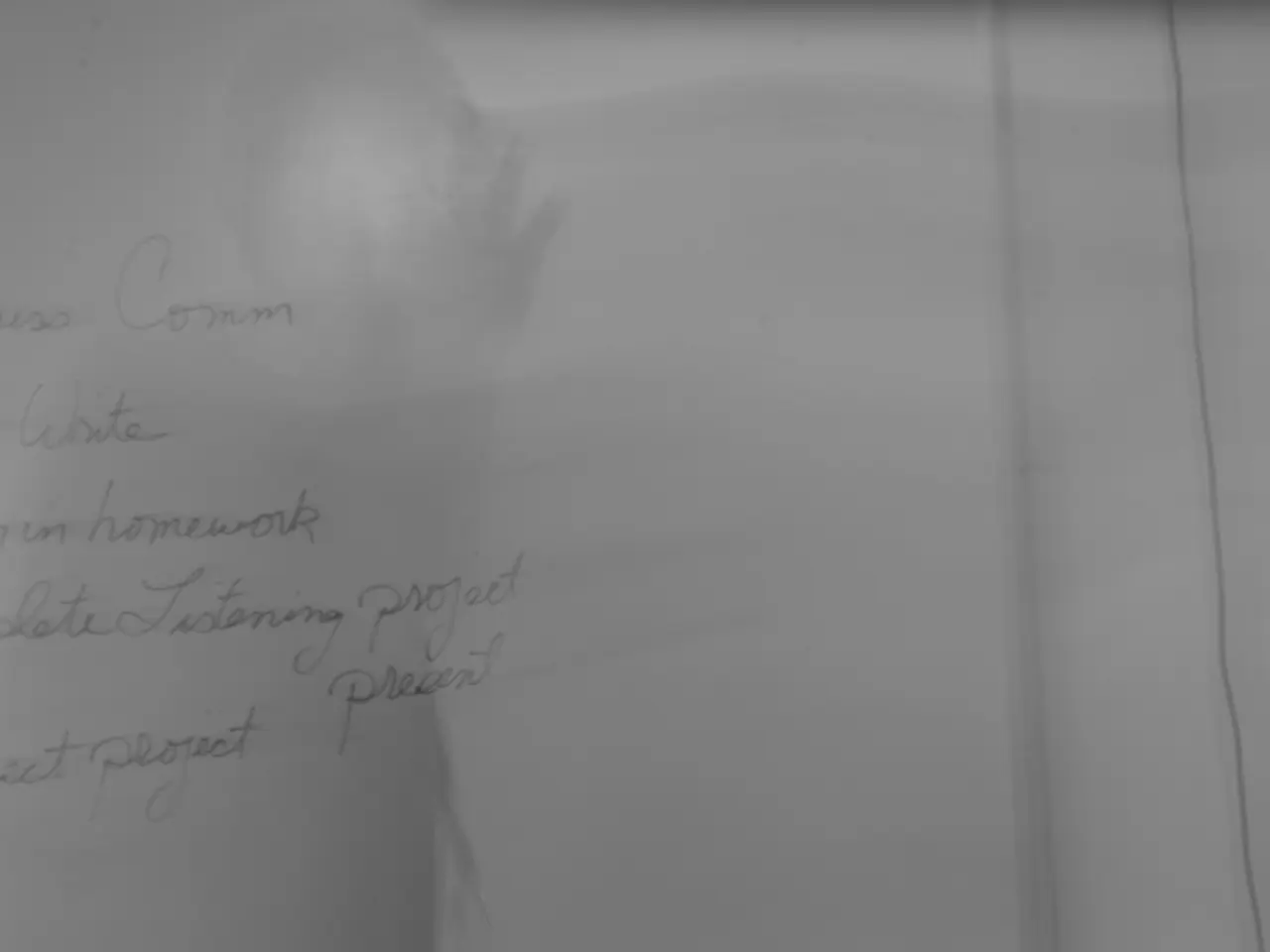Economic Confidence Surges: Ifo Index Increases for the Sixth Consecutive Time - Improved economy indicated: Ifo index increases for the sixth consecutive time
The German economy, currently in its longest recession in over two decades, has shown some signs of improvement, albeit slowly. The economy contracted noticeably in 2024 and 2023, and this year, growth has been minimal. However, uncertainty among economic planners is fading, and there's a growing confidence in a recovery.
According to the latest data, economic output fell by 0.3 percent in the second quarter compared to the previous one, but grew by 0.3 percent in the first quarter. This modest growth, coupled with the unexpectedly brightened mood in August, suggests a gradual recovery.
Consumer spending is expected to increase due to low inflation and robust wage growth. The Ifo Business Climate Index, a key indicator of economic sentiment, rose by 0.4 points to 89 points in August, marking the sixth consecutive month of increase. The index reached its highest level since April 2024 in August.
The recovery, however, is not without challenges. The agreed base tariff of 15 percent for many imports from the EU will significantly burden Germany's exporters. The sectors most affected by these tariffs are primarily the export-oriented automotive industry, chemicals, and steel-related sectors. These firms may face significant challenges, including changes in supply chains and higher prices.
Despite these challenges, some German firms may benefit slightly due to competitive disadvantages imposed on other countries. The new agreement provides some planning security, but uncertainties remain, and German companies are expected to adjust cautiously in the coming months while closely monitoring ongoing negotiations.
The recovery of the German economy remains weak, according to Ifo President Clemens Fuest. However, Deutsche Bank economist Marc Schattenberg expects the German economy to pick up in the second half of the year due to strong government investment incentives for defense and infrastructure.
KfW, the state-owned development bank, now expects a mini-economic growth of 0.2 percent for 2025 instead of stagnation. A first economic boost through the federal investment offensive is expected in the fourth quarter, according to KfW's Chief Economist Schumacher.
For the German economy, tailwinds should prevail towards the end of the year, as per Schumacher's prediction. The agreement between the EU and the USA in the trade dispute is seen as contributing to the economic improvement. Despite the challenges, the German economy appears to be slowly but steadily moving towards recovery.







